Fresh Produce Industry
Margins are under pressure, sourcing is a challenge and demand forecasting is becoming the order of the day. Quality and food safety also occupy an important place in this market. Specific challenges keep cropping up in the Fresh Produce sector, that eventually all come together in the imperative of satisfying the requirements of consumers better and faster. Because the consumer determines the market.
-
Margins determine the price
The vegetable and fruit process is different from that of other food companies. You are rarely the owner of a product batch, but you do buy, receive, process/package and then sell it. The sales and costs of a product batch are yours to account for. Prices fluctuate daily, margins tend to be low and every client or retailer is different. You never know beforehand what the margin on that product is. It is the margin that you make on your products that determines what the growers receive. And you want the best for both.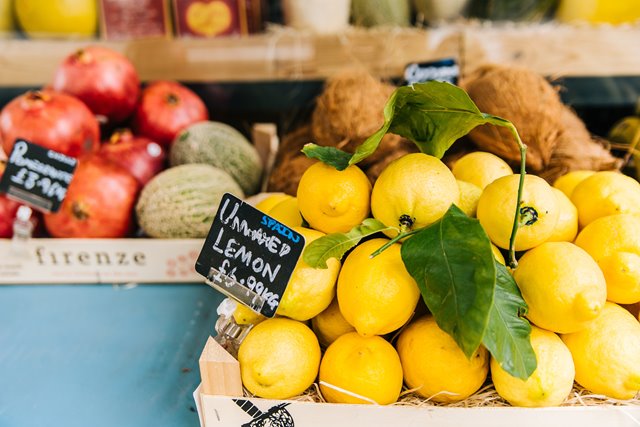
-
Fresh Produce sourcing
The procurement of fresh fruit is a cross-border process and has been so for quite some time. An ever-increasing number of new markets is emerging in regions such as the Middle East. Fierce competition however is making it increasingly difficult for you as a Fresh Produce specialist to find growers who wish to commit to your company. This means that it is also becoming harder to continuously replenish stock levels and ensure that you can deliver the required quality on time. The relationship between a trading company such as yours and a grower is of noteworthy importance. So make sure you treat your growers with full transparency.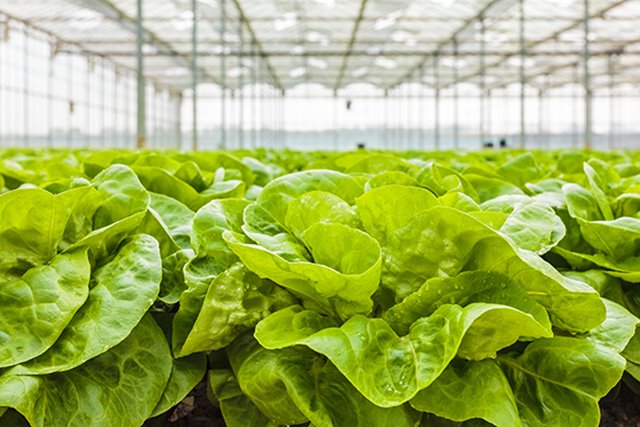
-
Demand forecasting
Projecting customer demand is an everyday issue that every Fresh Produce specialist needs to face up to. You want to know exactly what you can expect and therefore what you need to source. One of the logical consequences hereby would be less food waste. But on the other hand, fruit is always dependent on weather conditions and other factors. This is where sourcing and demand prediction connect.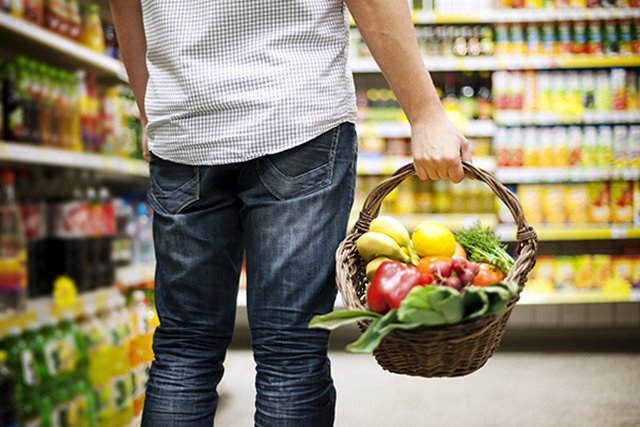
-
Food quality and data
Food safety and quality are one of the fundamental principles of the food industry. Continuously changing quality requirements make it increasingly difficult to satisfy these criteria. Solid agreements need to be made with growers on these issues. One requirement is that the product label contains the correct information. Where does the product come from? What is its nutritional value? Is it sustainable, organic and/or healthy? Does it comply with certain quality labels? Is it produced in a safe way? The answers to these questions are part of transparency and data quality; if your data is inaccurate, then the quality of your product cannot be guaranteed either. And at the end of the day, that's what it's all about: the ability to safeguard quality. -
Flexibility for optimal supply chain alignment
Your customers place their order on the morning of the day they need the product. Relatable? This means that you have to move quickly. But even in the event that you are accidently supplied with fruit of inferior quality, you want to sell it quickly to a buyer with less stringent quality requirements. This is where the need for flexibility originates, and rapid insight into your data is of the utmost importance. Fresh Produce companies increasingly engage in chain integration to obtain better control over products and align supply and demand optimally with short throughput times. So that, ultimately, the supply chain can be better aligned with customer expectations.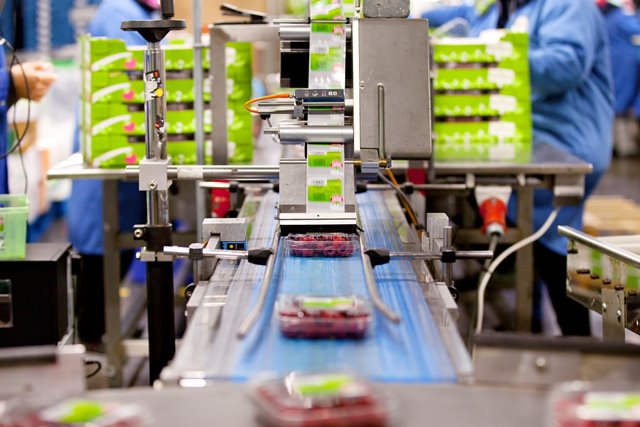
-
Monitoring cost per batch
As a Fresh Produce specialist, you certainly want insight into the delivery cost of a product batch. You need to be able to monitor these costs so that you can manage sourcing cost. On the other hand, you wish to have customer-specific sales data at your disposal. By bringing these perspectives - supply and sales - together, you gain specific insight in the customer's process through to product batch accounting. You want to ensure that in broad lines, everybody gets access to the same data set, proceeding from one single point of departure, so that accurate and real-time information can be provided.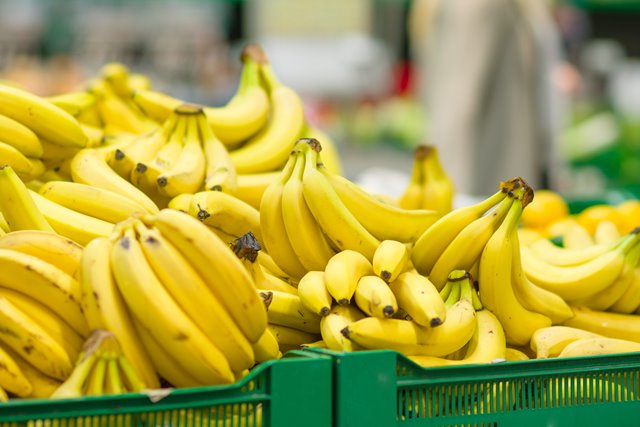
-
An updated and conclusive packaging overview
We note a particularly frequently-recurring trend in the Fresh Produce sector. Commodities in crates are often of less value than the crates themselves. In other words, packaging flows are also significant and valuable commodity flows. You have to be able to register packaging activity accurately and centrally, so that you always have an updated and conclusive overview of all transactions carried out.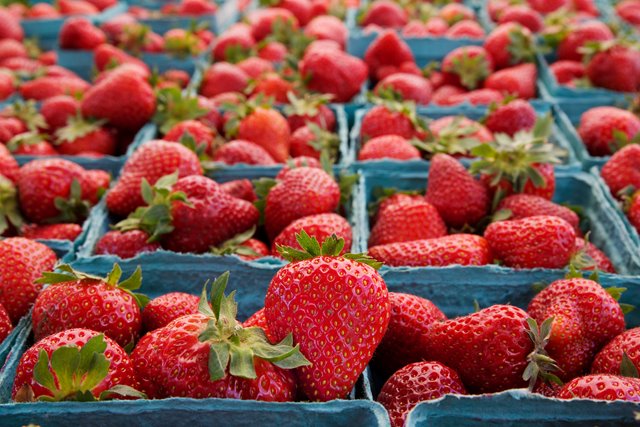
-
In search of added value
How can you still add value to your product? In the Fresh Produce market, cultivating, growing and/or trading considerable quantities of vegetable and fruit is a key issue. In addition, the desire for convenience at the customer's end is only increasing. In order to be and remain competitive in this turbulent market, it is crucial to diligently pursue the quest for added value. An increasing number of Fresh Produce companies are moving towards the sale of ready to eat or organic products. They package pre-cut pieces of fruit or achieve a specific quality level by ripening the product themselves. In some cases, companies choose to outsource the packaging, the storage of perishables or their transportation logistics, so that they can focus solely on the highest achievable added value. -
Moving fast in the fresh market
At Fresh Produce companies and other similar organisations, orders often come in throughout the day. This happens more often than you think: production based on projection. Nothing more valuable than keeping your planning process up to date. Orders are adapted throughout the day on the basis of what is actually ordered. And generally speaking, what comes in on one day goes out the same day. Fast handling is truly essential. In your warehouse, you also want to be able to handle large quantities quickly. Large quantities of orders mean large quantities of transactions that need to be processed quickly and electronically.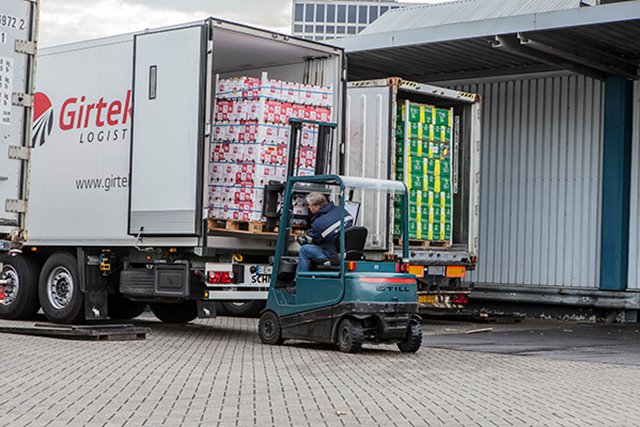
Erp365
Active in the Fresh Produce industry?
Discover how we can help your company reach the next level








